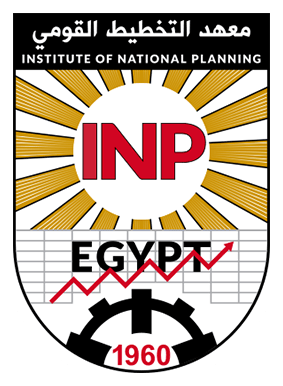Description
Institute of National Planning (INP) has been established in 1960 as an academic institute concerned with all fields and issues and planning and development. Institutional structure of INP has been developed so as to enhance its role as a center for scientific thinking (Think Tank) by the Law No. 13 of 2015. Thus, INP is concerned with conducting research and studies, presenting consultations, building cadres through training programs, and granting scientific degrees (Diploma, M. Ph., and Ph. D.) individually or in collaboration with national and foreign universities and centers. The Program of Professional Master in Planning and Sustainable Development is accredited by the Supreme Council of Egyptian Universities, to grant scholars professional skills in preparing, monitoring and evaluating plans, taking objectives of sustainable development into account. The Program mainly concentrates on applied aspects related to different fields of planning and development. The most important scientific and practical outcomes that are expected to be achieved by scholars are as follows: – Preparing strategic and action plans for all planning levels and entities to achieve sustainable development goals, – Preparing budgets related to executing plans, – Conducting feasibility studies and project evaluation, – Proposing indicators for monitoring plans, – Applying approaches and methods of monitoring and Evaluation, and – Writing up reports of monitoring and evaluating plans.

